23 Risky Countries For Americans In 2025 + 7 Safer Alternatives
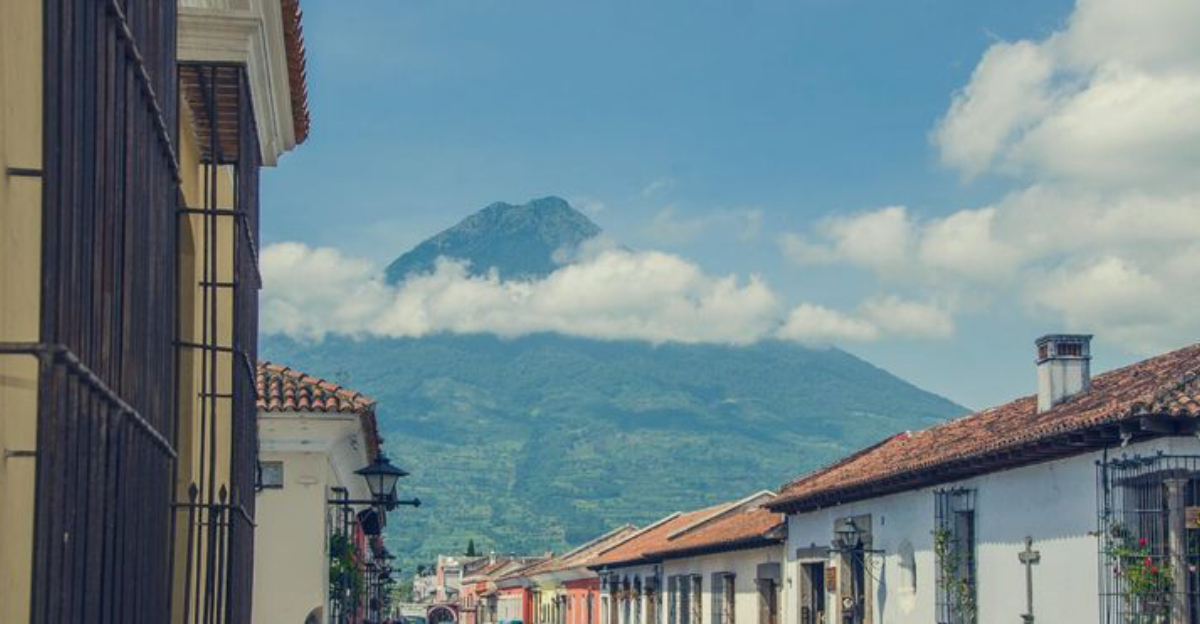
Dreaming of your next big trip abroad? Before you book that flight, it’s smart to look beyond the glossy travel photos and consider what’s really happening on the ground. In 2025, global dynamics are shifting fast—some destinations that once felt welcoming now come with added risks for American travelers, whether due to political unrest, rising crime, or health and safety concerns.
I’ve put together a no-fluff guide to countries that currently deserve extra caution—and more importantly, safer alternatives that offer just as much adventure, culture, and wow-factor. Because let’s be honest: peace of mind should always be part of the itinerary.
Want to know which places to rethink this year—and where to go instead? Let’s dive into the smart way to travel boldly and wisely in 2025.
1. Jamaica Travel Warning
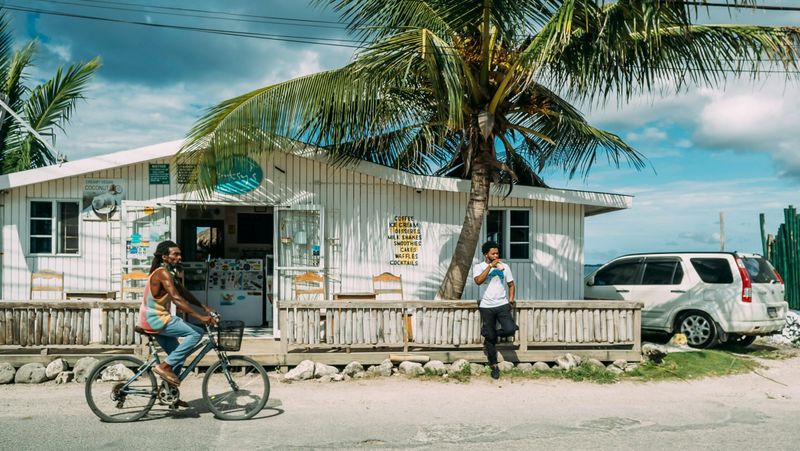
Crime rates continue to plague Jamaica, particularly in areas outside resort compounds. Violent crimes including armed robberies and sexual assaults occur even in tourist areas, with Kingston and Montego Bay experiencing gang-related violence.
Health services are limited, and ambulance response can be unreliable in emergencies. Local police often lack resources to respond effectively to serious incidents.
If you’re determined to visit, stick to reputable resorts, avoid isolated areas, and never travel alone at night. Many visitors enjoy trouble-free stays, but situational awareness is essential throughout your trip.
2. Portugal Coastal Charm (Safer Alternative)
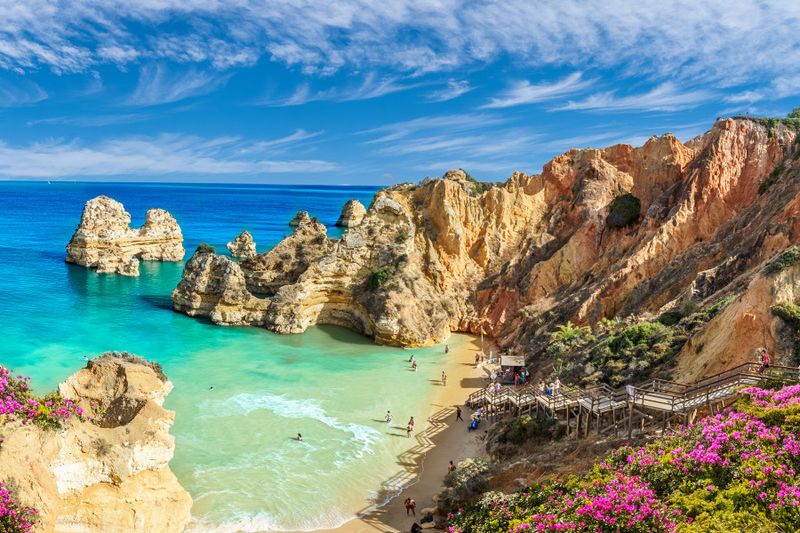
Wave-swept beaches and charming fishing villages make Portugal a delightful alternative to riskier Caribbean destinations. The Algarve region offers golden cliffs and turquoise waters without the safety concerns of Jamaica.
Portuguese hospitality welcomes Americans with open arms. Crime rates remain consistently low, and English is widely spoken, making navigation simple even for first-time visitors.
Fresh seafood, affordable prices, and excellent infrastructure create a stress-free vacation experience. Historical cities like Lisbon and Porto balance beach time with cultural exploration, offering a well-rounded European escape with Caribbean-like coastlines.
3. Chad Travel Warning
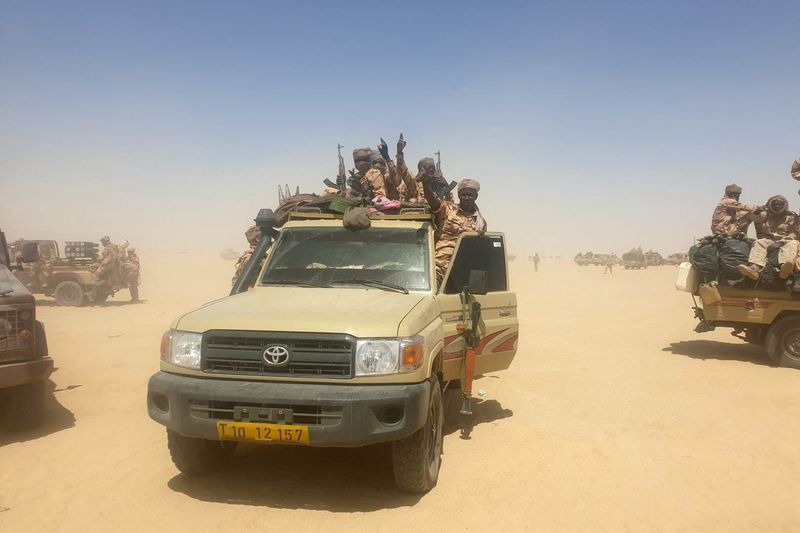
Violent crime, terrorism, and civil unrest make Chad extremely dangerous for American travelers in 2025. Armed groups operate throughout the country, particularly near borders with Libya, Sudan, and the Central African Republic.
Kidnapping risks are substantial, with foreigners specifically targeted. Medical facilities are severely limited, and emergency assistance is virtually nonexistent in remote areas.
Road travel presents extreme dangers due to poor infrastructure, armed bandits, and landmines in certain regions. The U.S. Embassy’s ability to provide emergency assistance is restricted by security conditions and limited resources, leaving travelers largely on their own if problems arise.
4. Laos Peaceful Retreat (Safer Alternative)
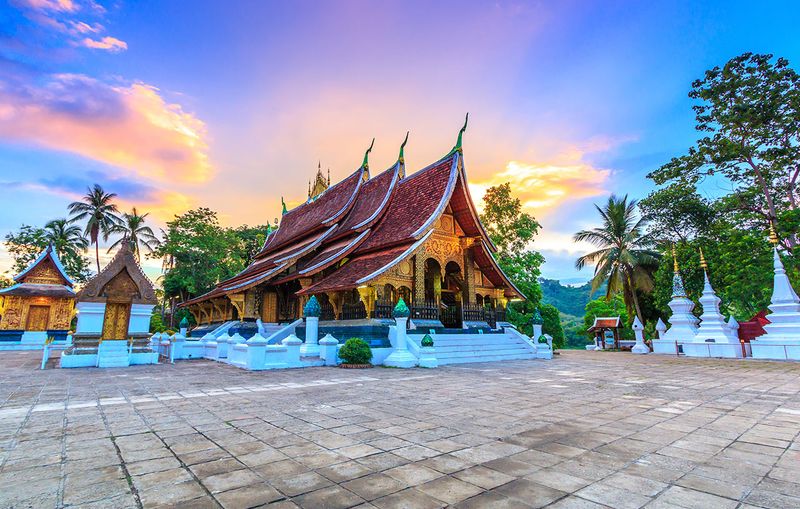
Landlocked Laos offers tranquility that contrasts sharply with Chad’s dangers. Buddhist temples dot lush landscapes where orange-robed monks walk peaceful morning alms rounds. The UNESCO town of Luang Prabang provides cultural richness without security concerns.
Mekong River cruises and mountain treks deliver adventure without extreme risks. Local people are known for their genuine warmth toward visitors, making solo travelers feel welcome and secure.
Though infrastructure remains developing, major tourist areas have reliable medical services and transportation. Violent crime rates stay remarkably low, and political stability has improved significantly, making Laos a serene alternative for adventurous travelers seeking authentic experiences.
5. Mozambique Travel Caution
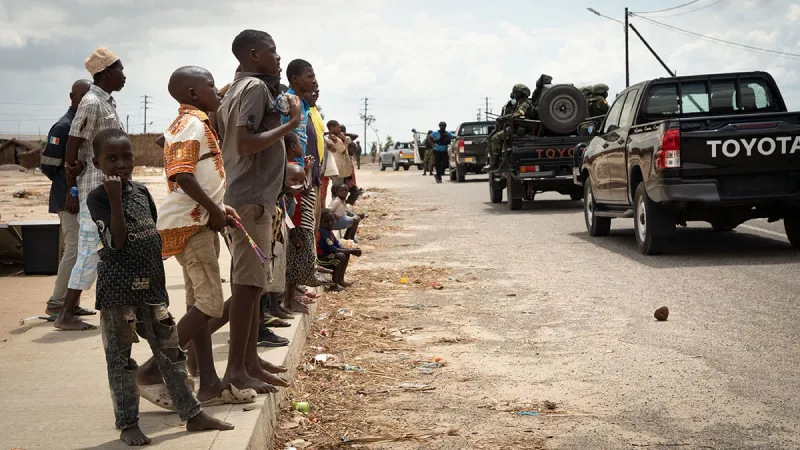
Terrorist activity in Mozambique’s northern province of Cabo Delgado has intensified, with ISIS-affiliated groups conducting violent attacks against civilians and military targets. Kidnappings and violent crime occur throughout the country, even in the capital Maputo.
Health risks compound security concerns, with limited medical facilities and recurring disease outbreaks including malaria and cholera. Tropical cyclones frequently devastate coastal areas, destroying infrastructure and creating dangerous conditions.
Maritime piracy remains a threat along the coastline. Urban areas experience armed robberies and carjackings, with police response often delayed or inadequate, leaving travelers vulnerable even in supposedly safer regions.
6. Guinea-Bissau Travel Caution
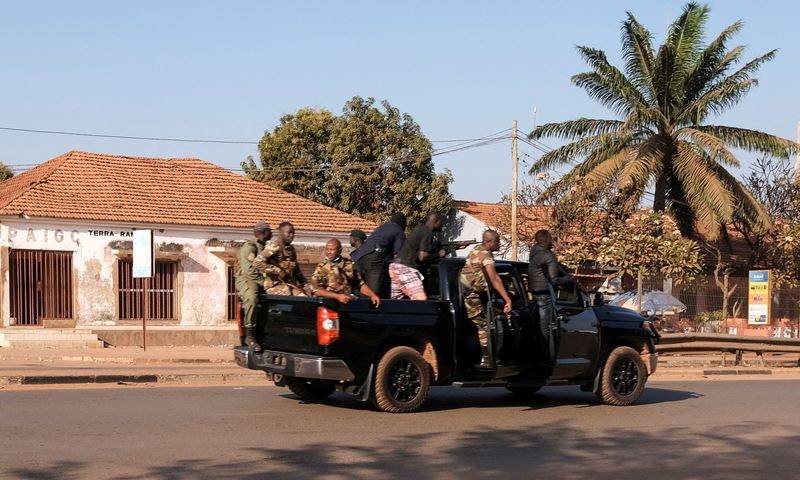
Political instability plagues Guinea-Bissau, with frequent coups creating unpredictable security situations. Drug trafficking networks operate openly, increasing violent crime risks and corrupting local authorities who might otherwise assist travelers.
Medical facilities lack basic supplies and equipment. Even minor injuries or illnesses can become life-threatening due to inadequate healthcare infrastructure and limited evacuation options.
Roads remain treacherous, with armed checkpoints where officials demand bribes. Cellular networks and internet access function sporadically, complicating emergency communications. The U.S. has minimal diplomatic presence, severely limiting consular assistance if Americans encounter trouble in this fragile West African nation.
7. New Zealand Scenic Trails (Safer Alternative)
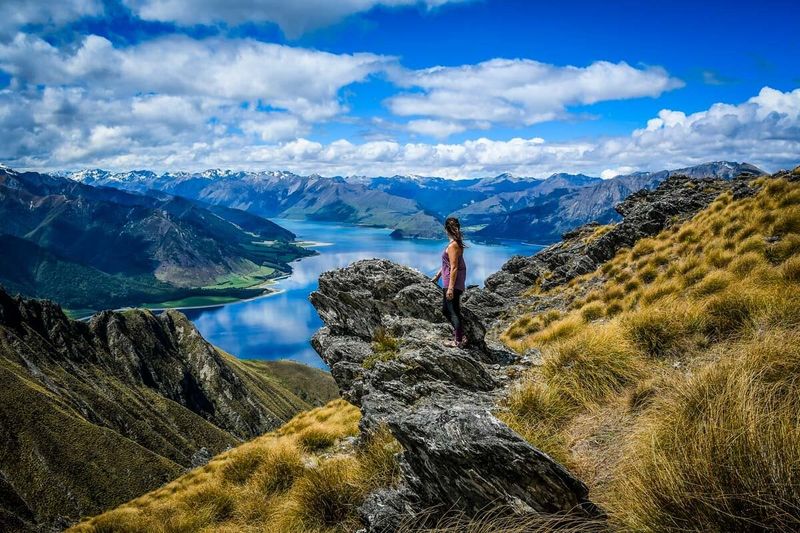
Majestic mountains and pristine coastlines make New Zealand a perfect alternative to politically unstable destinations. The country consistently ranks among the world’s safest for travelers, with minimal violent crime and excellent emergency services.
Kiwi hospitality welcomes Americans with genuine friendliness and widespread English makes communication effortless. Adventure activities operate under strict safety regulations, balancing thrills with security.
Modern medical facilities match U.S. standards, and the stable democratic government ensures peaceful conditions throughout the islands. Hiking spectacular trails, exploring Maori culture, and witnessing otherworldly landscapes from Lord of the Rings filming locations create unforgettable experiences without the risks found in troubled regions.
8. Egypt Security Risks
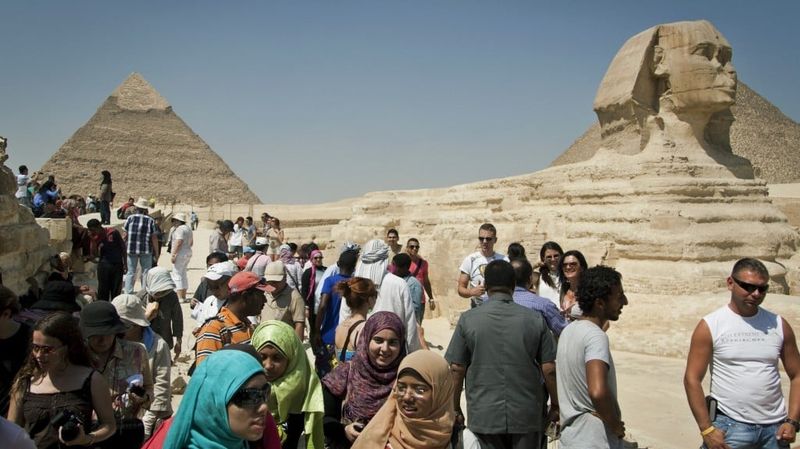
Terrorism remains a significant threat throughout Egypt, with groups specifically targeting tourist locations and Western visitors. The Sinai Peninsula experiences frequent attacks, but even Cairo and popular archaeological sites face bombing risks.
Political demonstrations can quickly turn violent, with authorities responding harshly to protesters and sometimes detaining bystanders. Women travelers report high rates of harassment and assault in public spaces.
Health concerns include limited hospital facilities outside major cities and waterborne diseases. While the pyramids and ancient temples continue drawing visitors, security conditions require extreme caution, constant awareness, and avoiding certain regions entirely. Government restrictions on media and communication can complicate access to accurate safety information.
9. Burundi Travel Alert
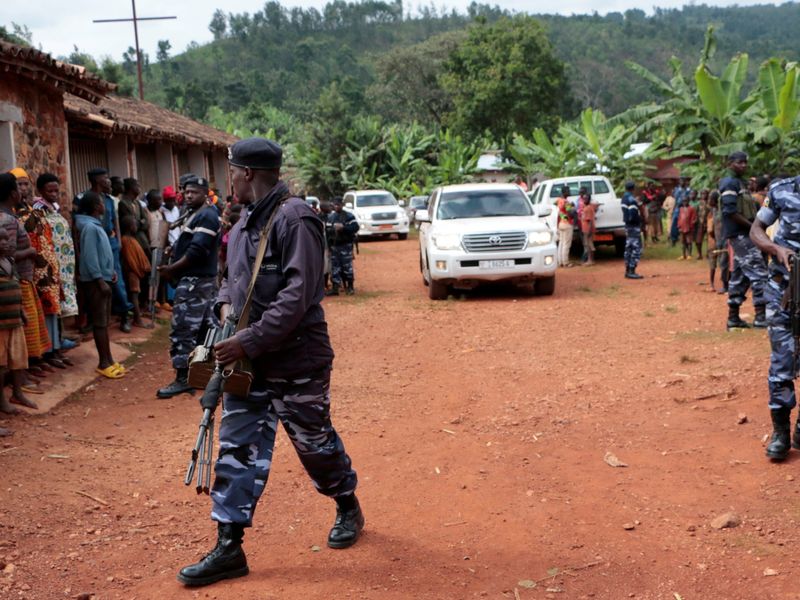
Violent crime plagues Burundi, with armed robberies and home invasions occurring regularly. Political tensions remain high following years of civil conflict, creating unpredictable security situations that can deteriorate rapidly.
Health infrastructure barely functions, with critical shortages of medications and equipment. Malaria and other tropical diseases present serious risks, with limited treatment options available locally.
LGBTQ+ travelers face particular dangers, as same-sex relationships are criminalized. Road conditions throughout the country are extremely poor, and night travel is especially dangerous due to armed bandits. The U.S. Embassy operates with reduced staff, severely limiting emergency assistance capabilities for American citizens in trouble.
10. Japan Cultural Harmony (Safer Alternative)
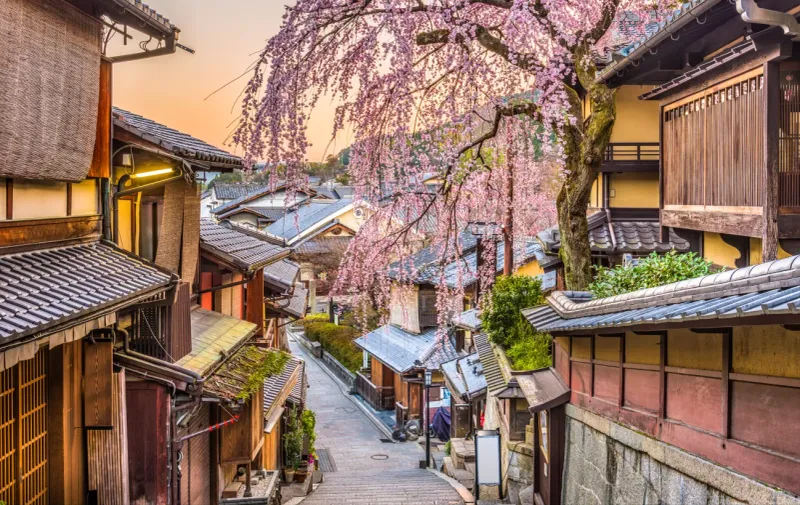
Remarkably low crime rates make Japan an ideal alternative to politically unstable countries. Tokyo’s streets remain safe at all hours, with lost wallets routinely returned intact. Efficient public transportation connects ancient temples to futuristic cityscapes without security concerns.
Japanese politeness extends to helpful assistance for confused travelers, despite language barriers. Clean, high-tech medical facilities provide excellent care if needed, accepting major international insurance plans.
Natural disaster preparedness stands unmatched worldwide, with comprehensive systems for earthquakes and tsunamis. Cultural experiences from traditional tea ceremonies to anime museums offer diverse attractions in a country where public safety is deeply valued. Visitors consistently express amazement at the harmonious blend of ancient traditions and ultramodern conveniences.
11. Nicaragua Travel Advisory
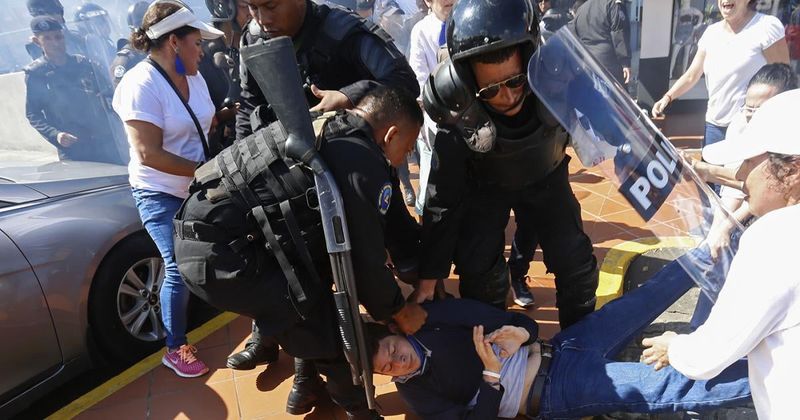
Government crackdowns on dissent have created a tense political atmosphere throughout Nicaragua. Arbitrary detentions affect both locals and foreigners, with Americans sometimes targeted based on perceived political activities.
Health services have deteriorated significantly, with shortages of basic medications and equipment. Even private hospitals struggle to provide adequate care for serious conditions.
Civil unrest can erupt with little warning, particularly in urban areas and near university campuses. While Nicaragua’s beautiful beaches and colonial architecture continue attracting some visitors, the unpredictable political situation requires extreme caution. The government closely monitors social media and communications, creating additional risks for travelers expressing political opinions.
12. New Caledonia Travel Alert
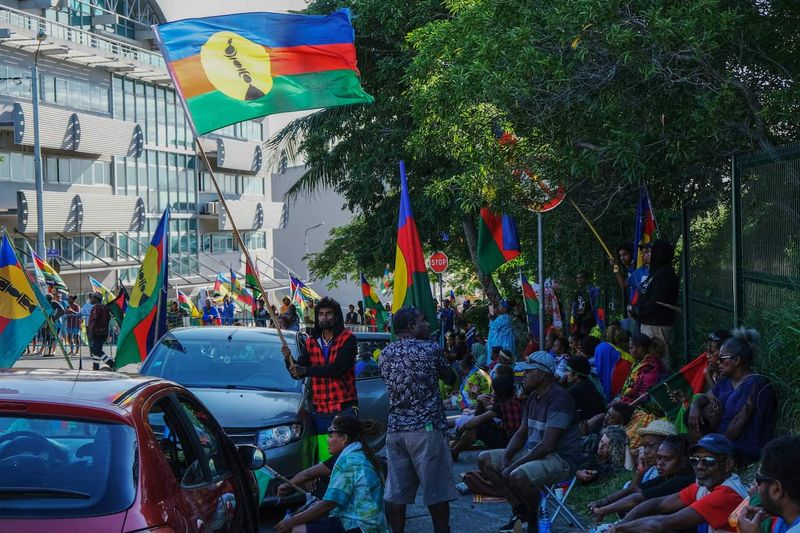
Civil unrest has intensified in New Caledonia, with independence movements staging increasingly violent protests. Roadblocks, property destruction, and clashes with security forces occur regularly, particularly in Nouméa and surrounding areas.
Though medical facilities in the capital meet basic standards, services in outlying islands are extremely limited. Evacuation for serious conditions requires expensive air transport to Australia or New Zealand.
Natural disasters including cyclones and tsunamis threaten this Pacific territory, with emergency response capabilities stretched thin during major events. While the stunning beaches and French-influenced culture continue attracting visitors, deteriorating security conditions demand careful planning and constant situation monitoring.
13. Nigeria Travel Advisory
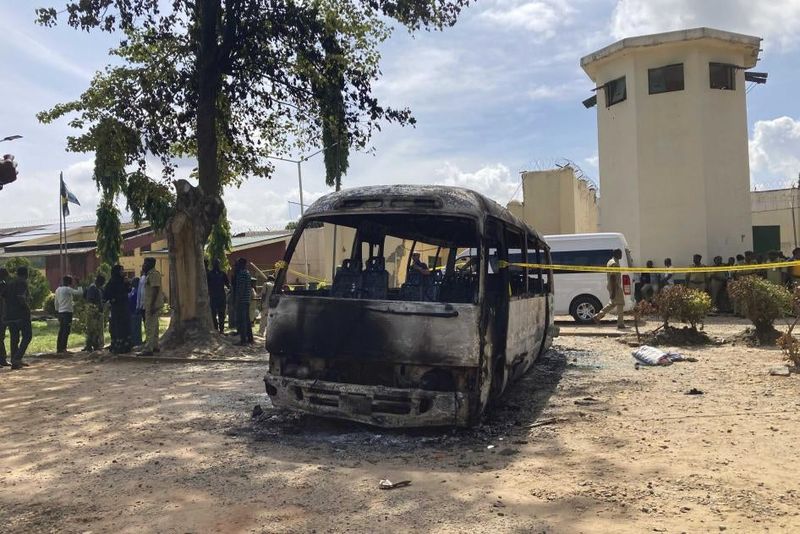
Violent crime threatens travelers throughout Nigeria, with kidnapping for ransom becoming increasingly common. Armed groups specifically target foreigners, including Americans, for abduction in both rural areas and major cities.
Terrorism remains a persistent threat, particularly in northeastern regions where Boko Haram and ISIS-West Africa conduct regular attacks. Maritime piracy endangers vessels in the Gulf of Guinea.
Health services lack basic resources, and counterfeit medications flood the market. Road conditions are extremely dangerous, with armed highway robberies common after dark. While Nigeria offers rich cultural experiences and business opportunities, security conditions require extreme caution, comprehensive advance planning, and avoiding certain regions entirely.
14. Canada Friendly Neighbor (Safer Alternative)
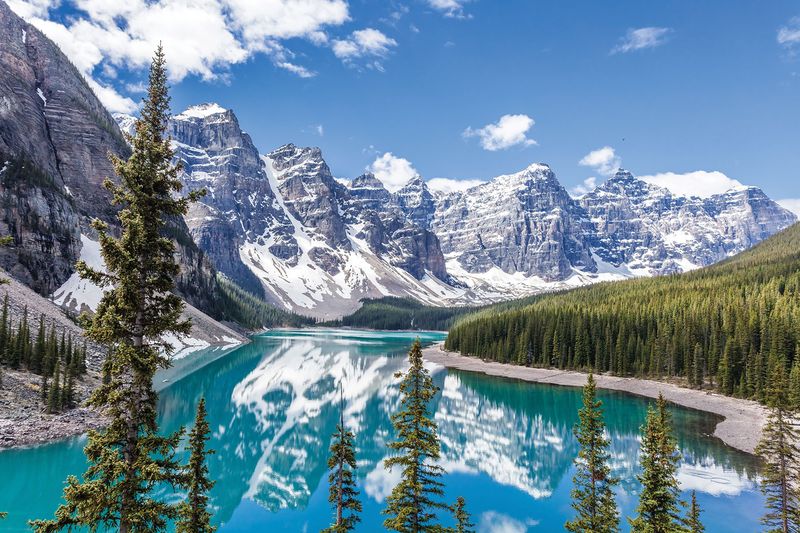
Shared language and cultural familiarity make Canada an ideal alternative to riskier destinations. Our northern neighbor offers spectacular natural beauty from Banff’s mountains to Quebec’s charming old-world streets without significant security concerns.
Healthcare facilities match U.S. standards, accepting many American insurance plans. Crime rates remain consistently low, even in major cities like Vancouver and Toronto, where public transportation operates safely day and night.
American visitors require minimal adaptation, with familiar customs and widespread English (plus French in Quebec). Outdoor adventures from whale watching to northern lights viewing provide bucket-list experiences without the dangers present in troubled regions. The proximity allows driving access, eliminating complex international travel logistics while still delivering authentic international experiences.
15. Vanuatu Safety Issues
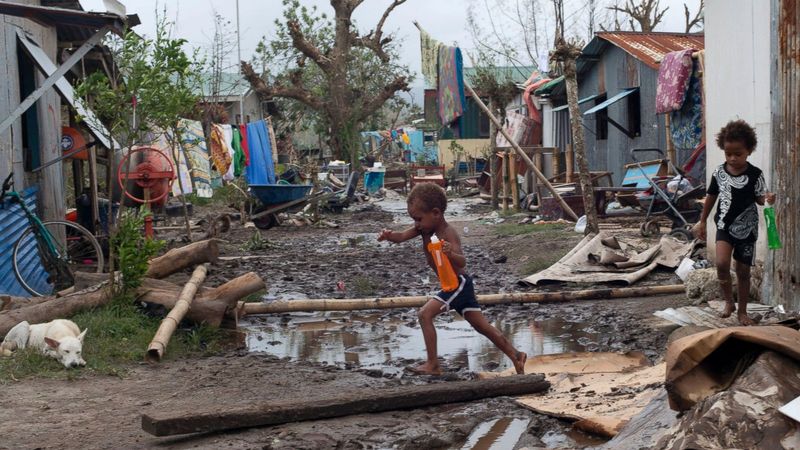
Natural disasters pose significant risks in Vanuatu, with active volcanoes, earthquakes, and cyclones threatening this Pacific island nation. Climate change has increased both frequency and intensity of these events, while emergency response capabilities remain limited.
Medical facilities lack equipment and specialists for treating serious conditions. Even minor injuries can become problematic due to limited pharmaceutical supplies and outdated facilities.
Civil unrest occasionally erupts over land disputes and political tensions. While violent crime rates remain relatively low, property crimes targeting tourists have increased in Port Vila. Communication infrastructure fails regularly, complicating emergency contact with family or embassy personnel when problems arise in remote island locations.
16. Trinidad and Tobago Alert
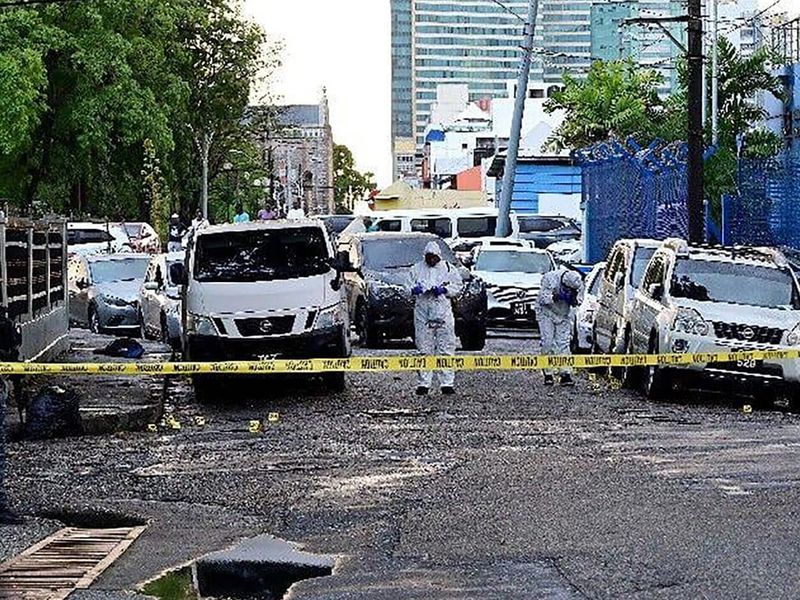
Violent crime has surged in Trinidad and Tobago, with gang activity spreading beyond traditionally dangerous neighborhoods. Armed robberies, home invasions, and sexual assaults affect tourists even in previously safe areas like Tobago’s beach resorts.
Drug trafficking fuels much of the violence, with international cartels establishing stronger presences on both islands. Police resources have proven insufficient to address growing security challenges.
LGBTQ+ travelers face particular risks due to widespread discrimination and anti-gay laws. While Trinidad’s famous Carnival and beautiful beaches continue attracting visitors, the deteriorating security situation demands extreme caution, especially after dark. Areas near the Venezuelan border experience additional dangers from smuggling operations and refugee-related tensions.
17. Ethiopia Travel Advisory
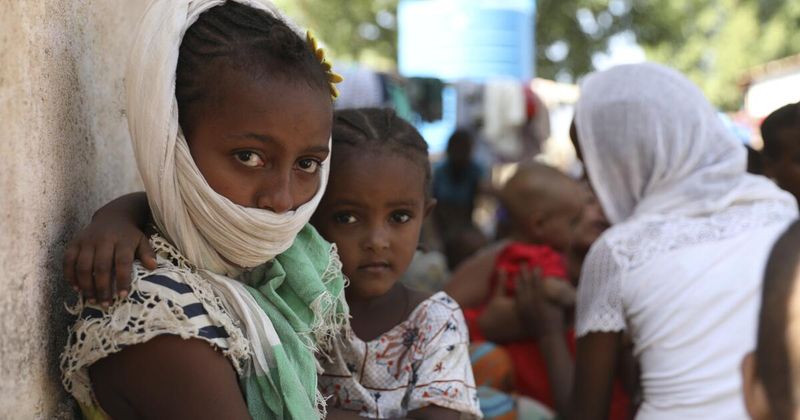
Armed conflict continues affecting multiple regions of Ethiopia, with civil war conditions persisting despite official peace agreements. Ethnic violence erupts unpredictably, even in areas previously considered stable.
Terrorist groups conduct attacks in the capital Addis Ababa and throughout the country. Foreigners have been detained arbitrarily, sometimes accused of involvement in political activities.
Medical facilities lack basic equipment and medications, with power outages frequently affecting treatment capabilities. While Ethiopia’s historic sites and unique cultural traditions continue drawing some visitors, security conditions require extreme caution and avoiding numerous regions entirely. Communications blackouts imposed by authorities during periods of unrest further complicate safety planning.
18. Georgia Wine Country (Safer Alternative)
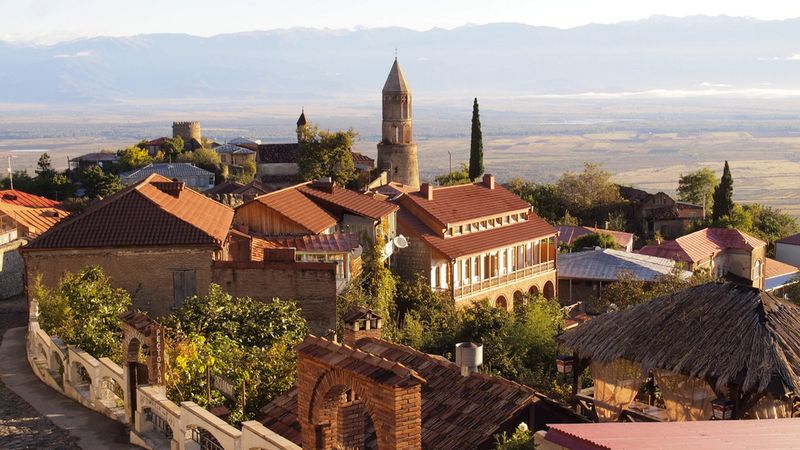
Ancient vineyards and stunning mountain landscapes make Georgia (the country) a perfect alternative to riskier destinations. As the world’s oldest wine-producing region, Georgian hospitality centers around generous feasts and toasts that welcome visitors like family.
Crime rates remain remarkably low, with violent incidents against tourists extremely rare. Tbilisi blends medieval architecture with hip cafes, while rural villages maintain traditions dating back thousands of years.
Medical facilities in major cities meet international standards. Though tensions exist with neighboring Russia, tourist areas remain unaffected by these issues. Hiking the Caucasus Mountains, exploring cave monasteries, and sampling unique amber wines create unforgettable experiences without the security concerns found in troubled regions.
19. Honduras Travel Risks
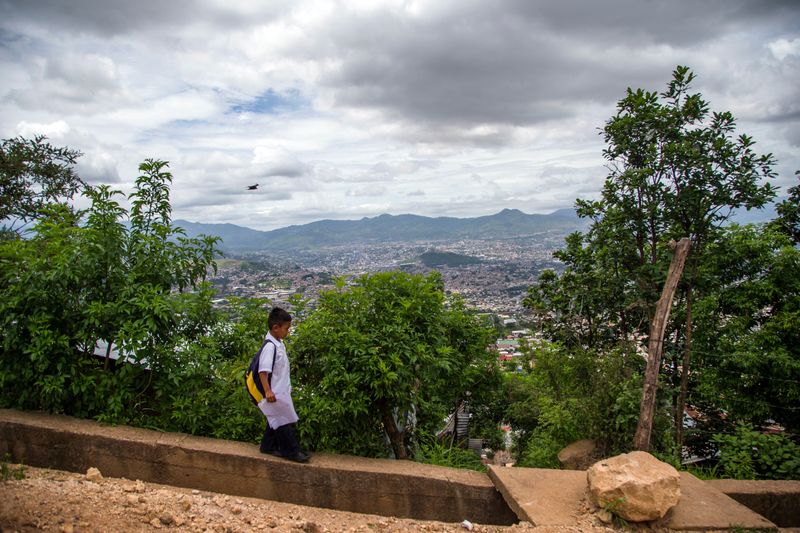
Gang violence continues plaguing Honduras, with one of the world’s highest murder rates. Extortion affects businesses throughout the country, while armed robberies and express kidnappings target tourists even in previously safe areas.
Medical facilities lack basic resources, with emergency response times extremely slow. Natural disasters including hurricanes and flooding regularly devastate infrastructure and create additional security challenges.
Political instability has increased following contested elections, with demonstrations sometimes turning violent. While Honduras offers beautiful beaches and Maya ruins, security conditions require extreme caution, particularly in San Pedro Sula and Tegucigalpa. Rural roads present additional dangers from armed bandits and poor maintenance.
20. Slovenia Alpine Escape (Safer Alternative)
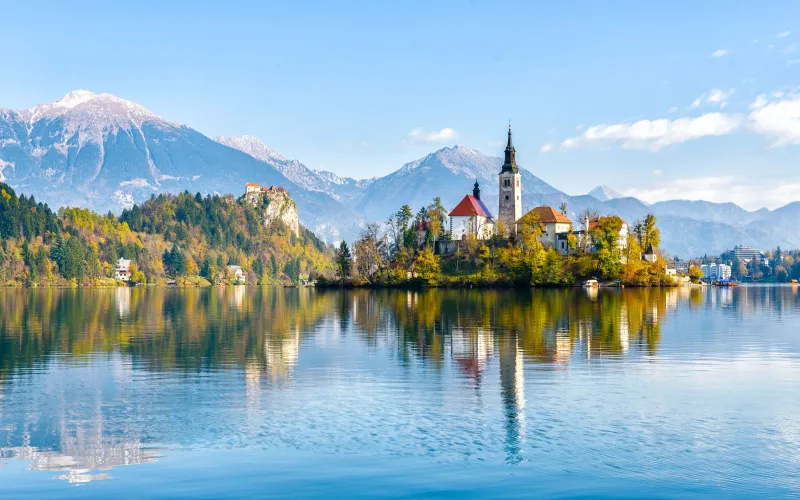
Hidden European gem Slovenia offers Alpine beauty without Central American security concerns. Lake Bled’s fairytale island church and Ljubljana’s charming riverside cafes create postcard-perfect scenes in one of Europe’s safest countries.
Violent crime remains virtually nonexistent, with tourists reporting feeling completely secure even when hiking remote trails alone. Medical facilities meet high European standards, and English is widely spoken in tourist areas.
Underground caves, mountain hikes, and coastal towns provide diverse experiences within a compact, easily navigable country. Political stability and EU membership ensure reliable infrastructure and emergency services. Slovenia’s commitment to sustainable tourism has preserved both natural beauty and cultural heritage while maintaining safety standards that consistently impress American visitors.
21. Papua New Guinea Alert
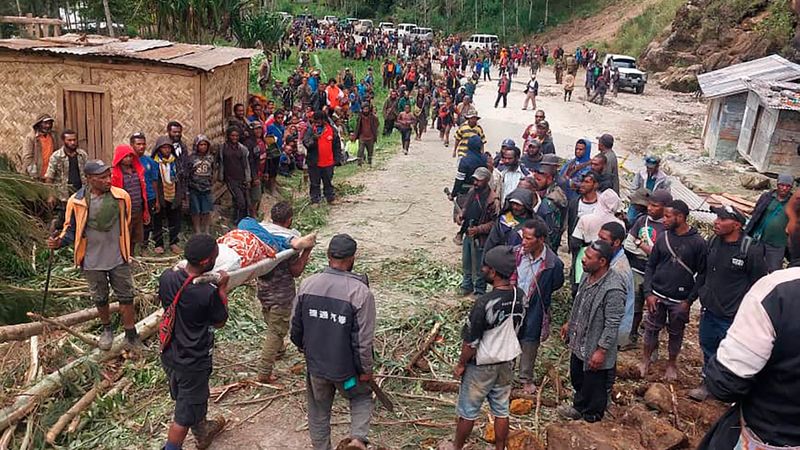
Tribal violence erupts frequently throughout Papua New Guinea, with traditional conflicts escalating through access to modern weapons. Urban areas experience high rates of violent crime, including armed robberies, carjackings, and sexual assaults.
Medical facilities lack basic equipment and medications. Even minor injuries can become life-threatening due to limited treatment options and extreme difficulties with medical evacuation from remote areas.
Natural disasters including earthquakes, tsunamis, and volcanic eruptions threaten various regions. While Papua New Guinea offers extraordinary cultural experiences and unparalleled biodiversity, security conditions require extreme caution, comprehensive advance planning, and avoiding numerous areas entirely. The challenging terrain further complicates emergency response when incidents occur.
22. Guyana Travel Caution
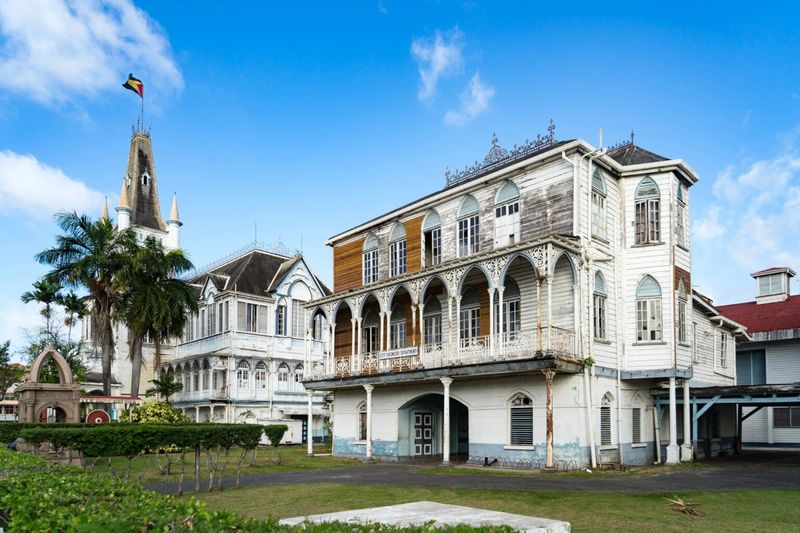
Armed robberies target tourists in Georgetown and other urban areas of Guyana, with incidents occurring even in daylight hours. Remote interior regions experience limited police presence, creating additional security vulnerabilities for travelers.
Health infrastructure remains severely limited outside the capital, with few ambulance services and shortages of basic medical supplies. Tropical diseases including malaria and dengue fever present serious risks.
Border regions with Venezuela experience spillover effects from that country’s ongoing crisis. While Guyana’s rainforests and waterfalls offer spectacular natural experiences, security conditions require careful planning, avoiding certain areas entirely, and maintaining constant awareness, particularly after dark.
23. Niger Travel Advisory
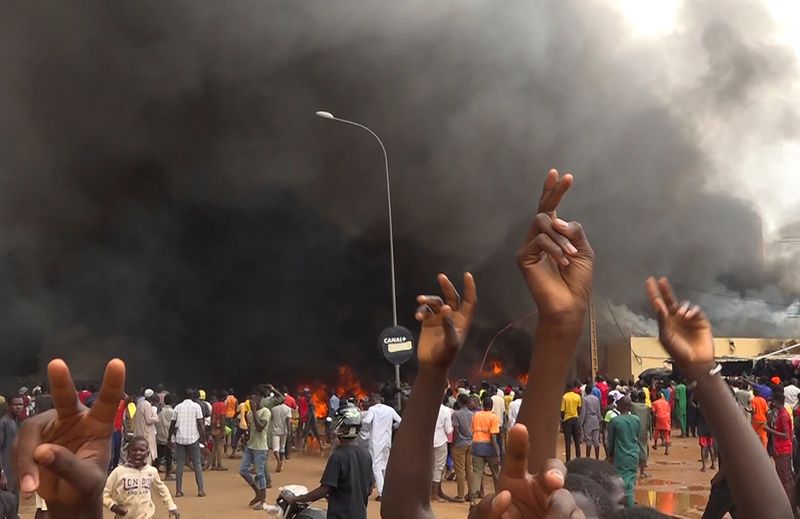
Terrorist groups including ISIS and al-Qaeda affiliates actively target Westerners throughout Niger. Kidnappings for ransom affect both rural areas and major cities, with foreigners specifically sought as high-value targets.
Political instability has increased following recent coups, creating unpredictable security situations that can deteriorate rapidly. Armed groups control territory in border regions near Mali, Libya, and Nigeria.
Medical facilities lack basic resources, with critical shortages of medications and equipment. While Niger’s traditional cultures and desert landscapes attract some adventurous travelers, security conditions require extreme caution and avoiding numerous regions entirely. The harsh climate creates additional health risks, with limited emergency response capabilities in remote areas.
24. Macau Travel Warning
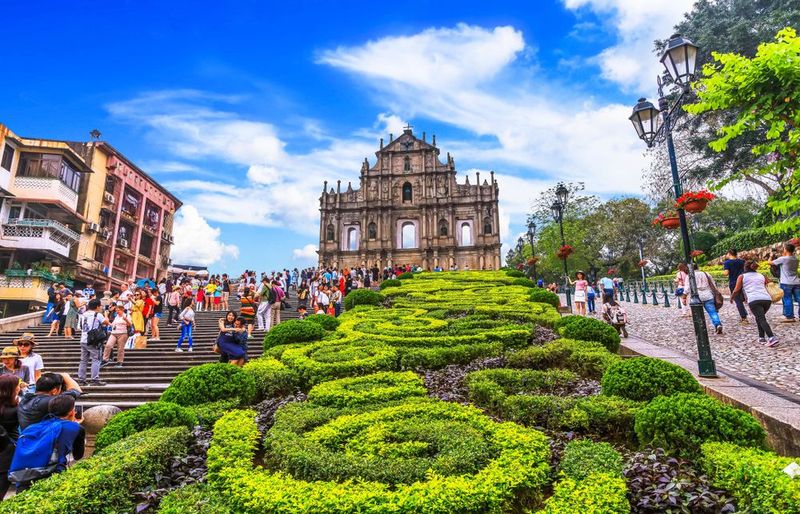
Rising tensions between China and the West have complicated travel to Macau, with Americans facing increased scrutiny and arbitrary detention risks. New security laws permit authorities to arrest visitors for statements made even before arrival.
Organized crime syndicates continue operating in and around casinos despite official crackdowns. These groups sometimes target gamblers who win large sums.
Health concerns include periodic disease outbreaks and air quality issues. While Macau’s unique Portuguese-Chinese heritage and gambling industry continue attracting visitors, political developments require careful consideration before travel. Digital security presents additional challenges, with surveillance systems monitoring communications and movement throughout the territory.
25. Bangladesh Safety Alert
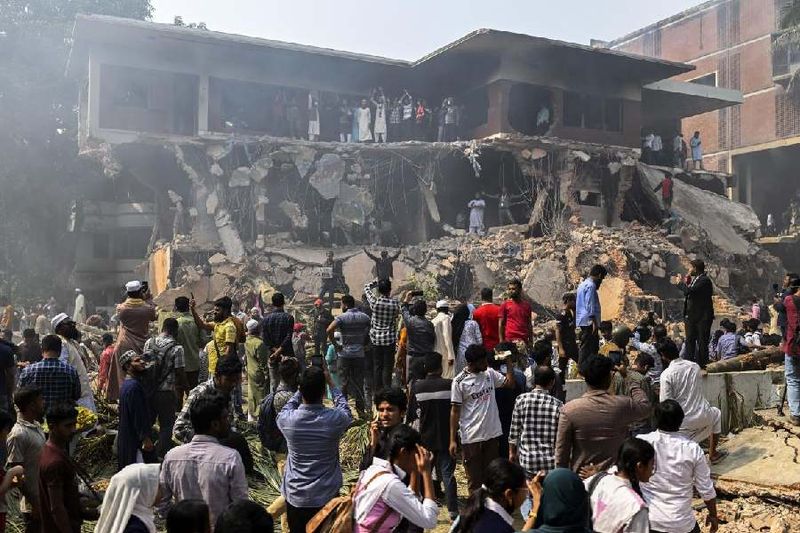
Political violence erupts frequently in Bangladesh, with demonstrations, strikes, and clashes between rival groups affecting major cities. These incidents often occur with little warning and can quickly escalate to dangerous levels.
Terrorist organizations have targeted locations frequented by foreigners, including restaurants, hotels, and religious sites. Extremist attacks have increased in both frequency and sophistication.
Natural disasters including cyclones and flooding regularly devastate infrastructure and create additional security challenges. While Bangladesh offers cultural richness and historical sites, security conditions require extreme caution, particularly in Dhaka and the Chittagong Hill Tracts. Rohingya refugee camps near the Myanmar border face specific security concerns related to trafficking and extremist recruitment.
26. Colombia Travel Concerns
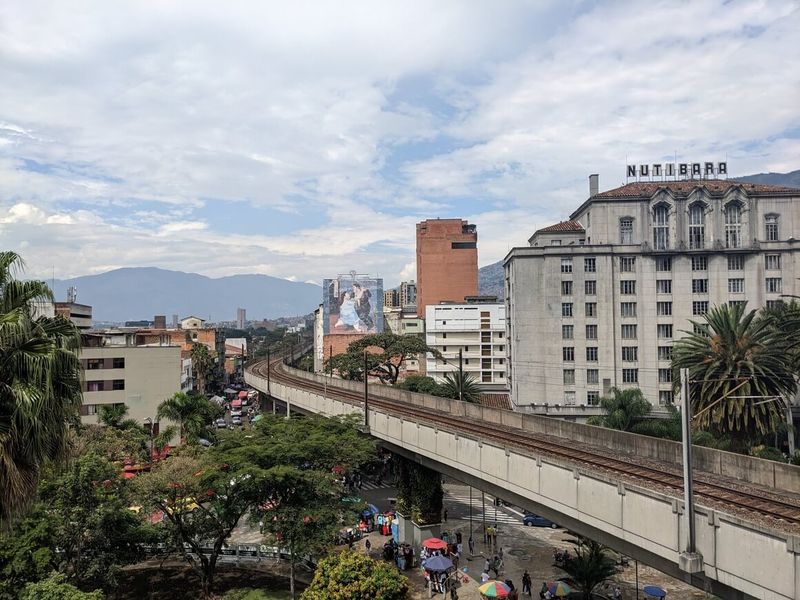
Despite peace agreements, armed groups continue operating in multiple regions of Colombia, with violence affecting previously stable areas. Kidnapping risks persist, particularly in rural regions where government control remains limited.
Urban crime presents challenges in major cities including Bogotá, Medellín, and Cali. Express kidnappings, where victims are forced to withdraw money from ATMs, target tourists in popular nightlife areas.
Drug trafficking organizations maintain significant influence, with violence sometimes affecting tourist zones. While Colombia’s incredible biodiversity, colonial architecture, and vibrant culture continue attracting visitors, security conditions require careful planning and avoiding numerous regions entirely. The border with Venezuela experiences particular challenges related to migration and criminal activity.
27. Uganda Safety Concerns
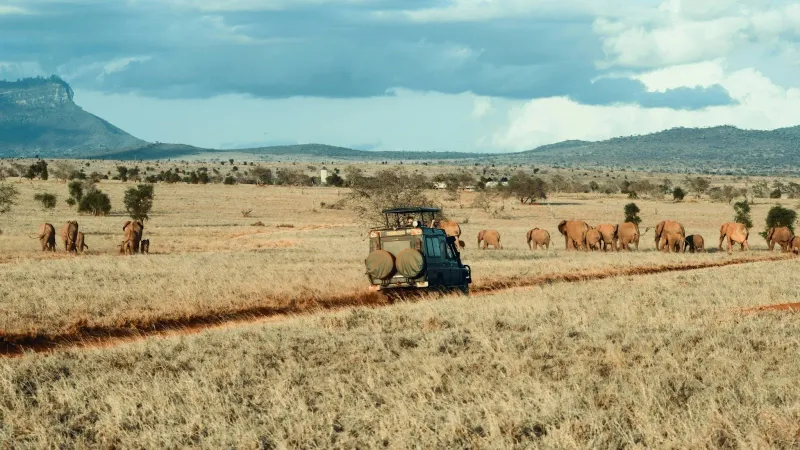
Terrorist threats have increased in Uganda, with groups targeting locations frequented by foreigners. Kampala has experienced bombing attacks in public spaces, while national parks face risks from armed groups crossing from neighboring Democratic Republic of Congo.
LGBTQ+ travelers face extreme danger due to recently strengthened anti-gay laws that impose harsh penalties. Even heterosexual couples may face harassment if perceived as supporting LGBTQ+ rights.
Health infrastructure remains limited, with few facilities capable of handling serious conditions. While Uganda’s wildlife including mountain gorillas continues attracting visitors, security conditions require careful planning and avoiding certain regions entirely. Political tensions surrounding elections have created additional unpredictability in urban areas.
28. Pakistan Travel Warning
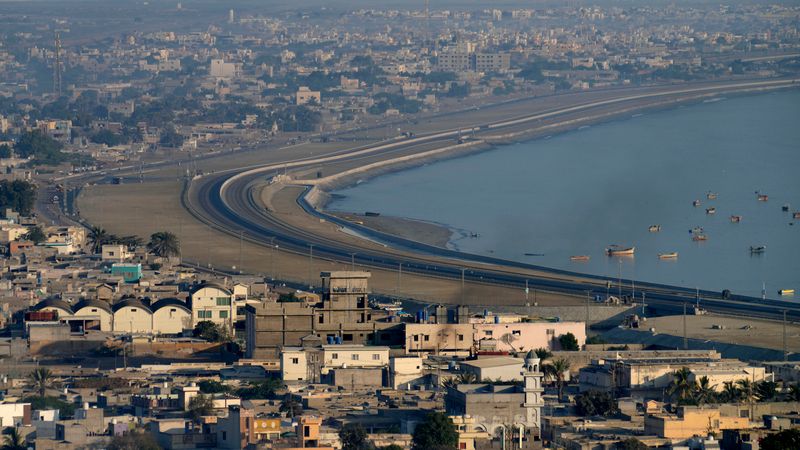
Terrorist groups actively target Western visitors throughout Pakistan, with bombings and armed attacks occurring in major cities and tourist sites. Kidnapping for ransom affects foreigners, particularly in Balochistan and Khyber Pakhtunkhwa provinces.
Sectarian violence erupts periodically, sometimes targeting religious pilgrims. Border regions with Afghanistan experience particular instability due to cross-border militant movement.
Natural disasters including earthquakes and flooding regularly overwhelm emergency response capabilities. While Pakistan’s mountain landscapes and ancient civilizations attract some adventurous travelers, security conditions require extreme caution, comprehensive advance planning, and avoiding numerous regions entirely. Political demonstrations frequently turn violent, particularly in urban centers.
29. Guatemala Travel Advisory
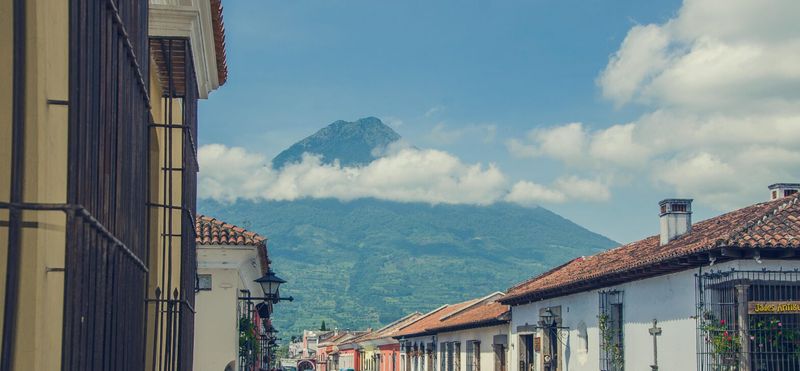
Violent crime continues plaguing Guatemala, with armed robberies targeting tourists on popular hiking trails and highways. Gang activity affects urban areas including Guatemala City and Quetzaltenango, with extortion targeting local businesses.
Medical facilities outside the capital lack basic resources, with emergency response times extremely slow. Natural disasters including volcanic eruptions, earthquakes, and landslides create additional security challenges.
Border regions with Mexico experience particular dangers related to trafficking operations. While Guatemala’s Maya ruins and colonial architecture continue attracting visitors, security conditions require careful planning and constant awareness. Night travel should be avoided entirely, even on major highways.
30. Mauritania Travel Advisory
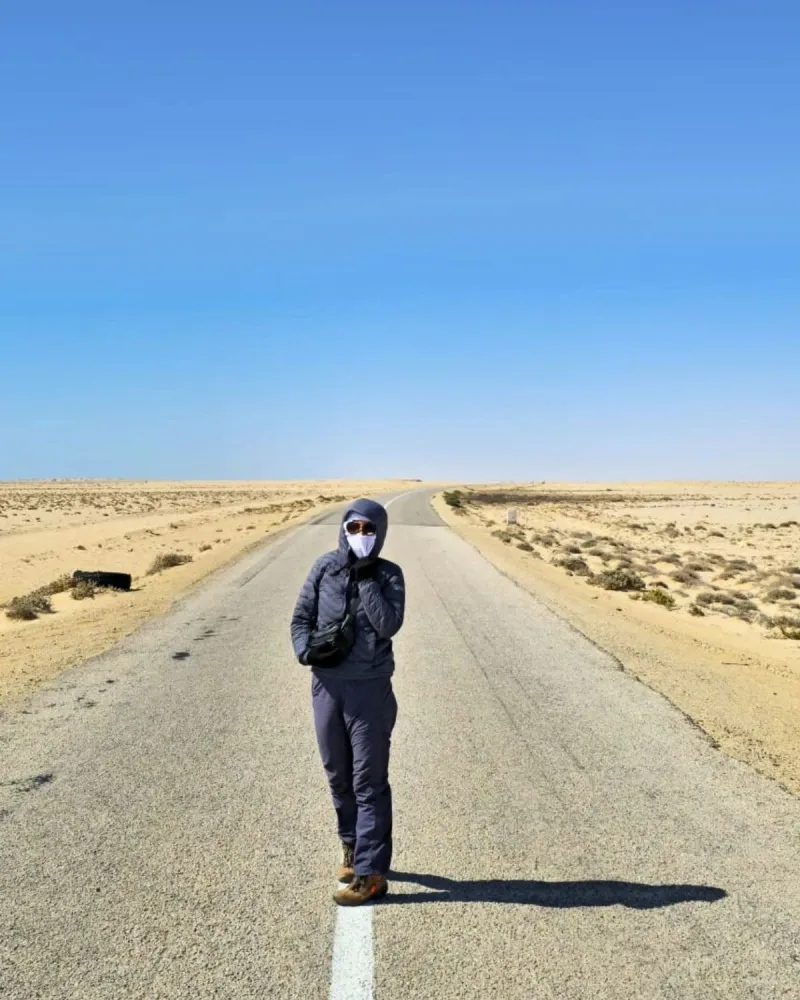
Terrorist organizations operate throughout Mauritania, with groups affiliated with al-Qaeda and ISIS maintaining presences in remote areas. Kidnapping risks affect the entire country, with foreigners specifically targeted as high-value victims.
Medical infrastructure remains extremely limited, with few facilities capable of handling serious conditions. Evacuation for treatment requires complex arrangements and significant expense.
Landmines pose dangers in certain border regions. While Mauritania’s Saharan landscapes and ancient trading cities attract some adventurous travelers, security conditions require extreme caution and avoiding numerous regions entirely. The harsh desert climate creates additional health risks, with limited emergency response capabilities outside Nouakchott.
